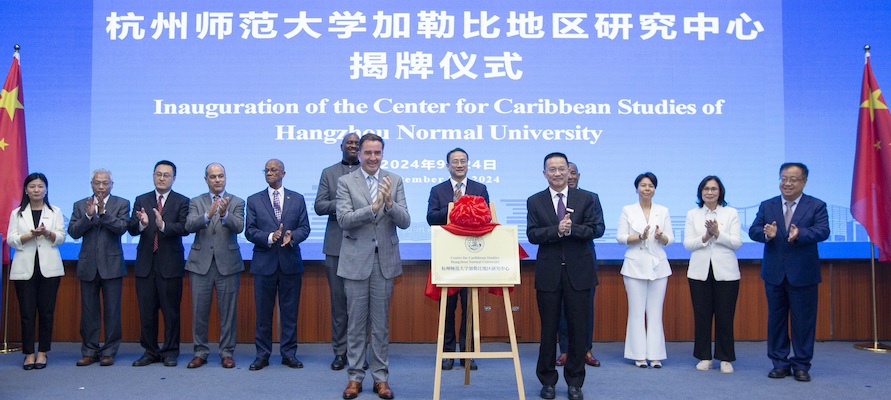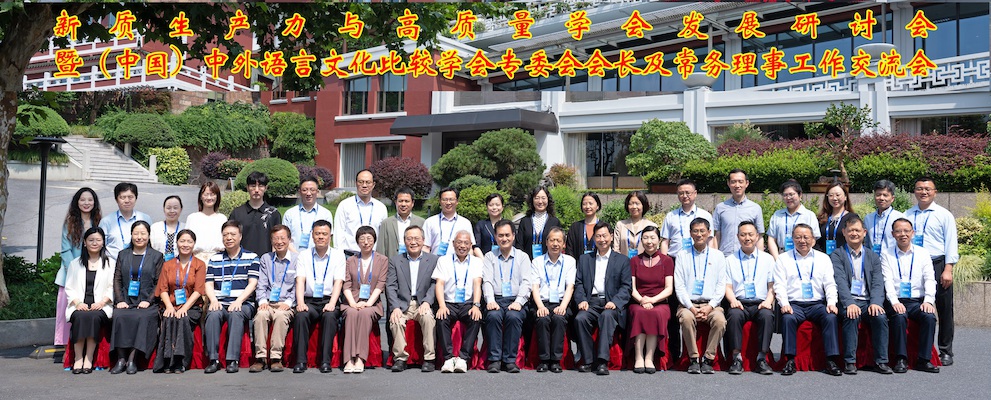- 英国传统中的书籍文化与普通读者的兴起
- How the Far-Right Constructs its Discourses
- The Environment of Caribbean Area
- The Essence of Caribbean Diplomacy
- 叙事隐喻与隐喻意象——约翰•济慈十四行诗刍探
- 翻译技术给翻译课堂中翻译品质评估带来的挑战:
- The Limits of Practical Ethics in The Histor
- Multi-Modal and Material Versions of Laurenc
- 形式语义学可以为汉语研究做点什么?
- 从细读到远观:数智时代的人文研究
- A History of the Caribbean Languages and Dia
- 走向“少数文学”——“卡夫卡热”之缘由探析
- 美丽的邂逅——八卷本《简·奥斯汀全集》翻译感
- 宋韵文化的精神特质及当代意义
- 中韩近现代文学交流与来华朝鲜文人的文学创作
- 中英审美现代性的比较研究
- 首届“媒体话语研究”圆桌论坛
- 异曲同工:鲁迅与劳森的女性民族观比较研究
- 欧洲汉学:探寻中国“文化之镜”
- ChatGPT的文学创作能力如何?
时间:2023年11月1日13:30
地点:仓前校区恕园19-205
主讲内容:
This presentation delves into the political discourses in Spain and Argentina, which are contextualized within the broader geopolitical landscapes of Europe and Latin America. It primarily focuses on the evolving discourse of the far-right, characterized by unconventionality, anti-establishment stance, and critique of politics (understood as the action of corrupt individual politicians). The central aim of this discursive move is to establish a new hegemony capable of challenging the cultural and ideological consensus built by the left and the modern social movements (feminism, environmentalism) since the 60s, related to equality projects of society, the provision of public services, and the protection of fundamental rights.
This presentation aims to provide valuable insights into how the far-right constructs its discourses to achieve hegemonic positions and power in Western countries, shedding light on the continuously evolving political landscape in Spain and Latin America.
主讲人简介:
Luisa Martín Rojo is a professor at Autonomous University of Madrid. Her sociolinguistic research primarily revolves around multilingualism in society, with a particular emphasis on language management in education, which contributes to social inequality, as evidenced in her book "Constructing Inequality in Multilingual Classrooms" (Martín Rojo, 2010). Her exploration of the social dimension of multilingualism has recently shifted toward the Latinx diaspora (Márquez Reiter & Martín Rojo, 2016) and the impact of neoliberalism on our understanding of languages and their societal value, as discussed in "Language and Neoliberal Governmentality" (Martín Rojo & Del Percio, 2019). Currently, she leads an action-research project that brings together multiple research teams aimed at transforming situations of inequality influenced by sociolinguistic factors.







